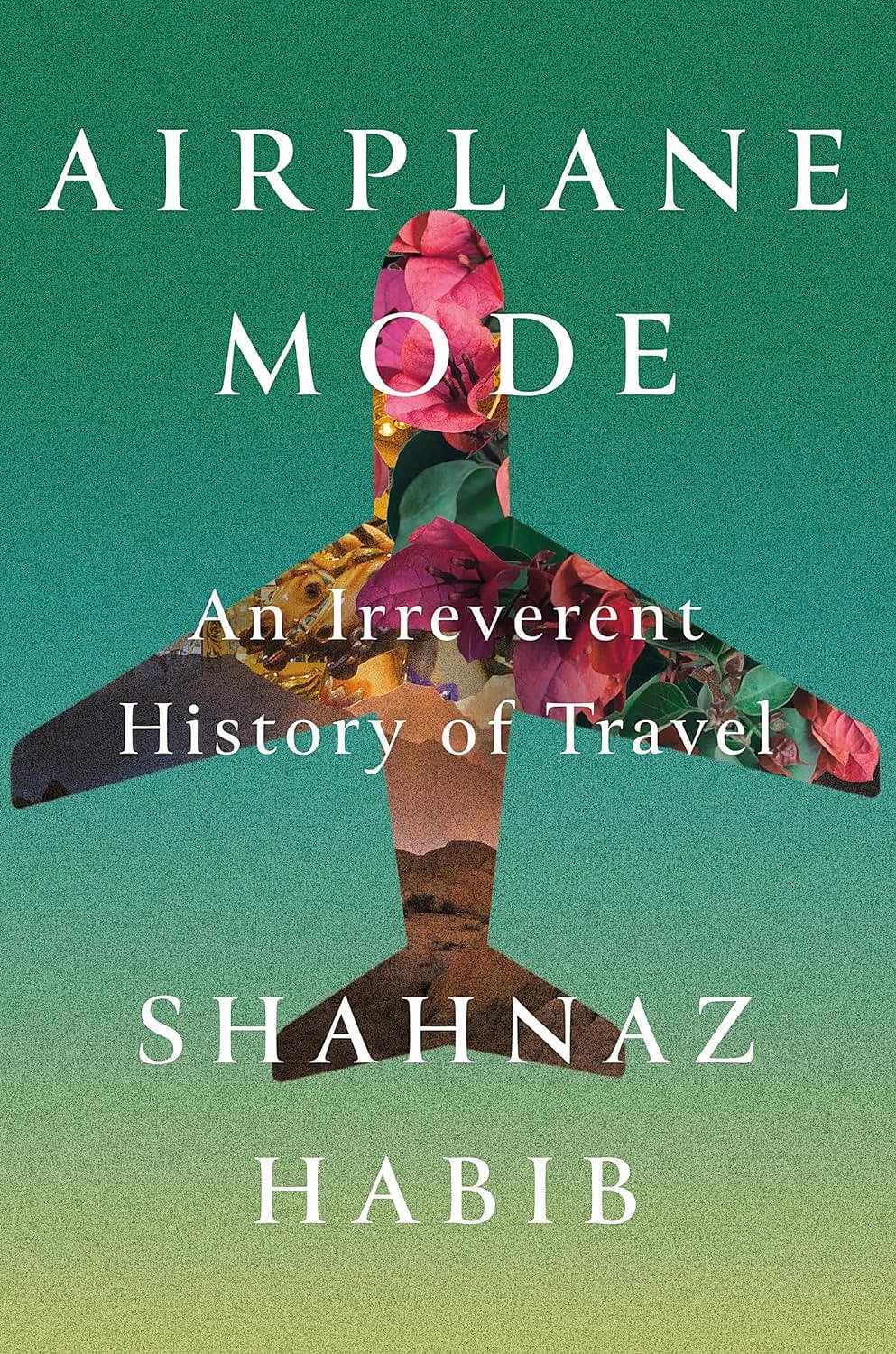Travellers on Trial

Who amongst us has not experienced the ritual humiliation and mind-numbing bureaucracy of applying for a tourist visa to the “first world”? Off we go to be scrutinised, armed with bank statements, tax returns, passport photos of the correct dimensions and other paraphernalia to be authorised to enter France or Canada or Australia. This, according to Shahnaz Habib, is “passportism”, a term she borrows from the scholar Srdjan Mladenov Jovanovic. “While racism discriminates on the basis of the colour of a person’s skin, passportism discriminates on the basis of the colour of a person’s passport,” she writes. “Passportism is the fear of Third World passports.”
In her elegant and probing debut Airplane Mode: A Passive Aggressive History of Travel Habib, a writer and translator based in the US, parses who gets to travel, how and why? Can third-world citizens be travellers? Who gets to “discover” places? How do tourist hotspots get created? What is authentic about authenticity?
The questions themselves might not be new, but Habib deploys a refreshing and sideways approach to everything travel. The narrative is threaded through with her own experiences of growing up in Kerala, living and working in the US, travelling for pleasure, travelling for family, travelling through her own city. The scope is broad and baggy, the treatment delicate.
It's the Pits!
13 Feb 2026 - Vol 04 | Issue 58
The state of Indian cities
At the start we see Habib in Istanbul, fumbling through one of the world’s great cities, paralysed as a white woman tourist she meets rattles off places to go and things to do. Habib shrinks from this prosaic approach to moving through the world—certain kinds of travellers can simply assume the world was built for them. “How intrepid you are as a traveller depends, at least partly, on how entitled you feel to travel,” she writes. Habib herself prefers to “skip the major monuments in favour of used bookstores and the small urban places of worship whose doors are usually propped open”. But she realises, this contrarian way too, is “a fantasy—that by skipping the tourist trail, we can become travellers or even locals.” In the end, everyone is a kind of tourist, no matter how strong the urge to avoid the beaten path.
The book’s strength lies in examining these contradictory impulses that haunt the act of travelling—an act that’s loaded with privilege but also brings so much pleasure. Yes, Indians face “passportism”, but are we not guilty of doing the same? Yes, white tourists orientalise Turkey, but in a stray moment, Habib wonders, isn’t she too, doing just that? Of course, guide-books are purveyors of the banal, but “who are we if we are not banal?”
The writing cannily moves between such broader observations, her own personal journeys and a wider history of travel. We learn about Baedekers, the original Lonely Planet of the 19th century that contributed to the leisure travel boom, the exploitative cotton trade of the imperial conquerors and the American invention of Paris as a destination. Alongside this are her misadventures with a French visa, memories of childhood train journeys in India, and her father’s utter refusal to leave the comfort of his home, instead choosing to surf the world through books and newspapers. Is that not an equally ennobling kind of travel, she wonders, even if it doesn’t involve physical movement?
Habib’s potted account also emerges from her ruminations on ordinary objects—passports, flowers, buses. Interspersed are literary and scholarly references, from Jules Verne to Robinson Crusoe to Agatha Christie.
Habib is fully cognisant of the inequalities and biases inherent in the act of moving from one place to another—whether for adventure, work or colonial plunder. But she never loses sight of the joys that can also accompany the act of movement. Her writing is vivid and transportive: I was with her on the bus wending its way through New York city, smelling beach treats in Kerala, soaking up the energy of the whirling dervishes in Turkey. Even the most mundane moments feel magical in her hands.

